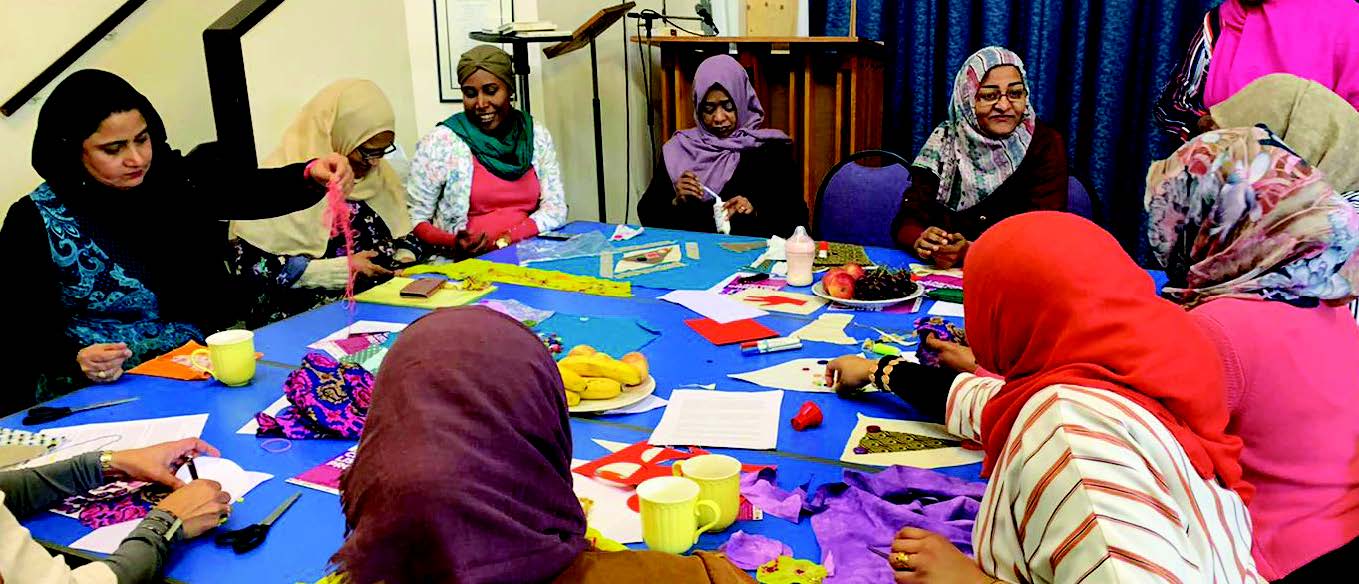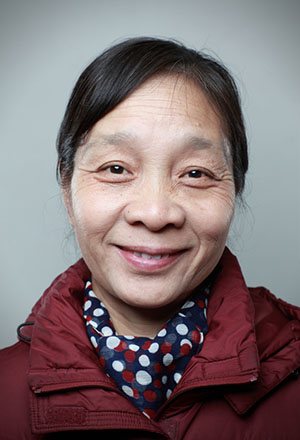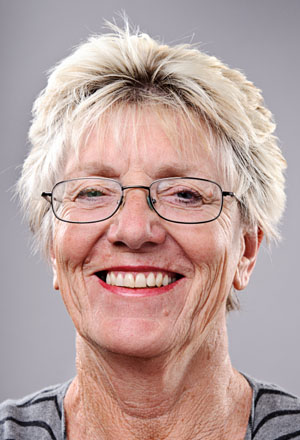I’ve just been attending an inspiring launch of an inspiring report
This was the launch of the Bristol Women’s Voice City listening Project report. The project, funded by the national Government Equalities Office, was a unique approach to hearing the aspirations of women normally referred to as ‘disadvantaged’ and the barriers preventing those aspirations being achieved.
It is not often that projects such as this set about discussion with real women (individuals and groups), rather than their representatives, and recording their replies. It is also not often that the first questions is “what are your hopes and ambitions”, without some kind of prompt or list of specifics to choose from. As pointed out at the launch by the project evaluator, Sue Cohen, these are not for great wealth, comfort or an easy life. Like all women (and men), they want a decent home for their families, health and well-being, a secure job they can both enjoy and fit around care for children and adults, safety from violence and discrimination, access to education. But whilst wealth is not the primary aspiration, poverty is certainly preventing these women from being able to overcome the barriers they face; to quote Sue “these women have not inherited wealth – they have inherited poverty”.

What strikes me, though, is that these women are not ‘disadvantaged’, in the sense that they need things doing to them to make them better able to cope. Mostly they are resilient, surviving what is thrown at them, pushing for what they need for their families. They find strength and hope through volunteering when paid employment does not give them the flexibility they need. They value one another, the women only spaces to relax and work together to improve their communities, both by volunteering and through women’s organisations. Above all, they want to be heard – for “no policy about us without us”.
No, the barrier they face is a system which seems designed to make life difficult. Expensive and sub-standard housing, with an allocation process which ignores the need for safety and community support. Inadequate provision of mental health services with long waiting times and which are insensitive to women’s caring responsibilities and work patterns when making appointments. An underfunded childcare system which seems to maximise cost and inflexibility and minimise availability in the areas it is needed. Employment practices which are insensitive to the need to combine paid work with unpaid responsibilities and home life. Social and political tolerance of discrimination and the violence at home and in public places arising from sexism and racism. The list goes on.
These systemic failures are not complicated to fix. Yes, they need more resources but more importantly they need political will. I look forward to reading the full report and its detailed recommendations.
Dr Jackie Longworth chairs the women’s equality network Fair Play South West.










